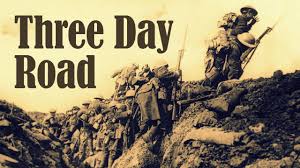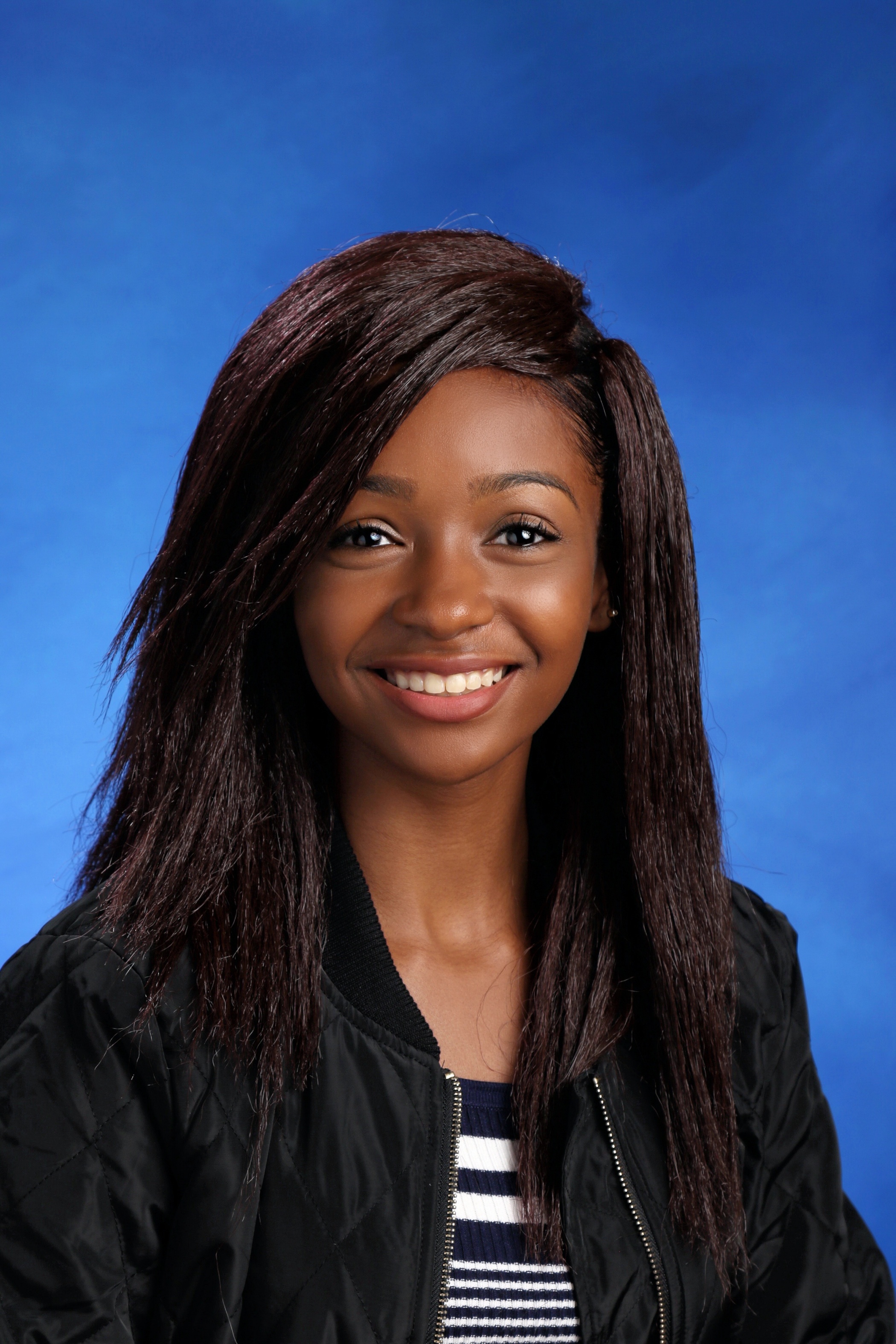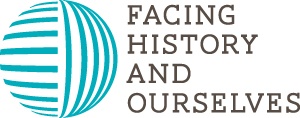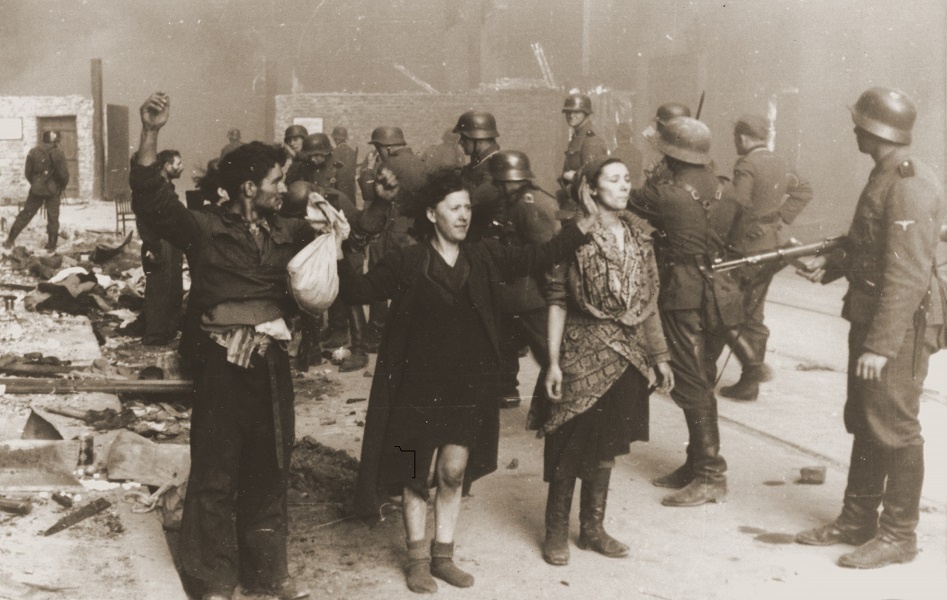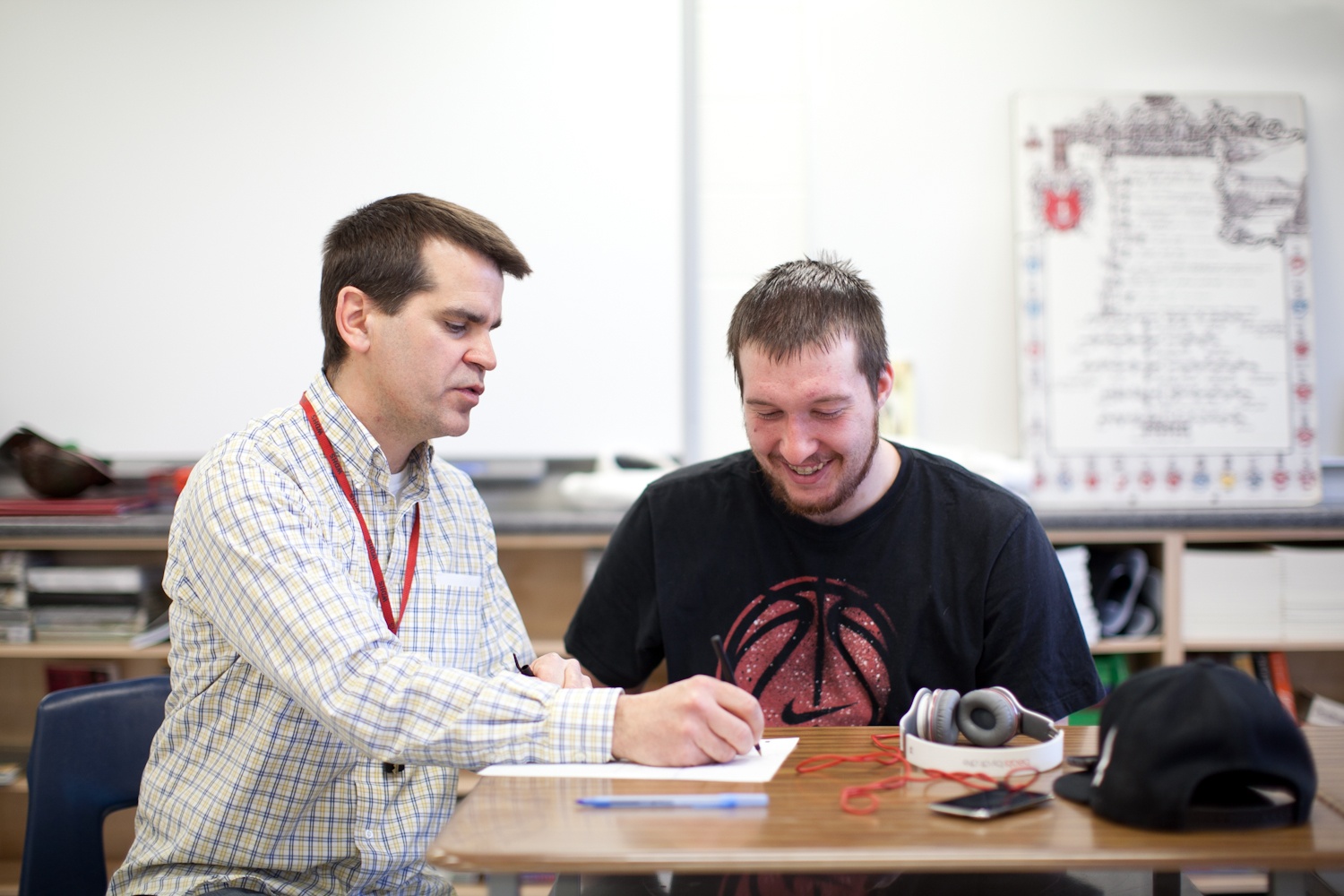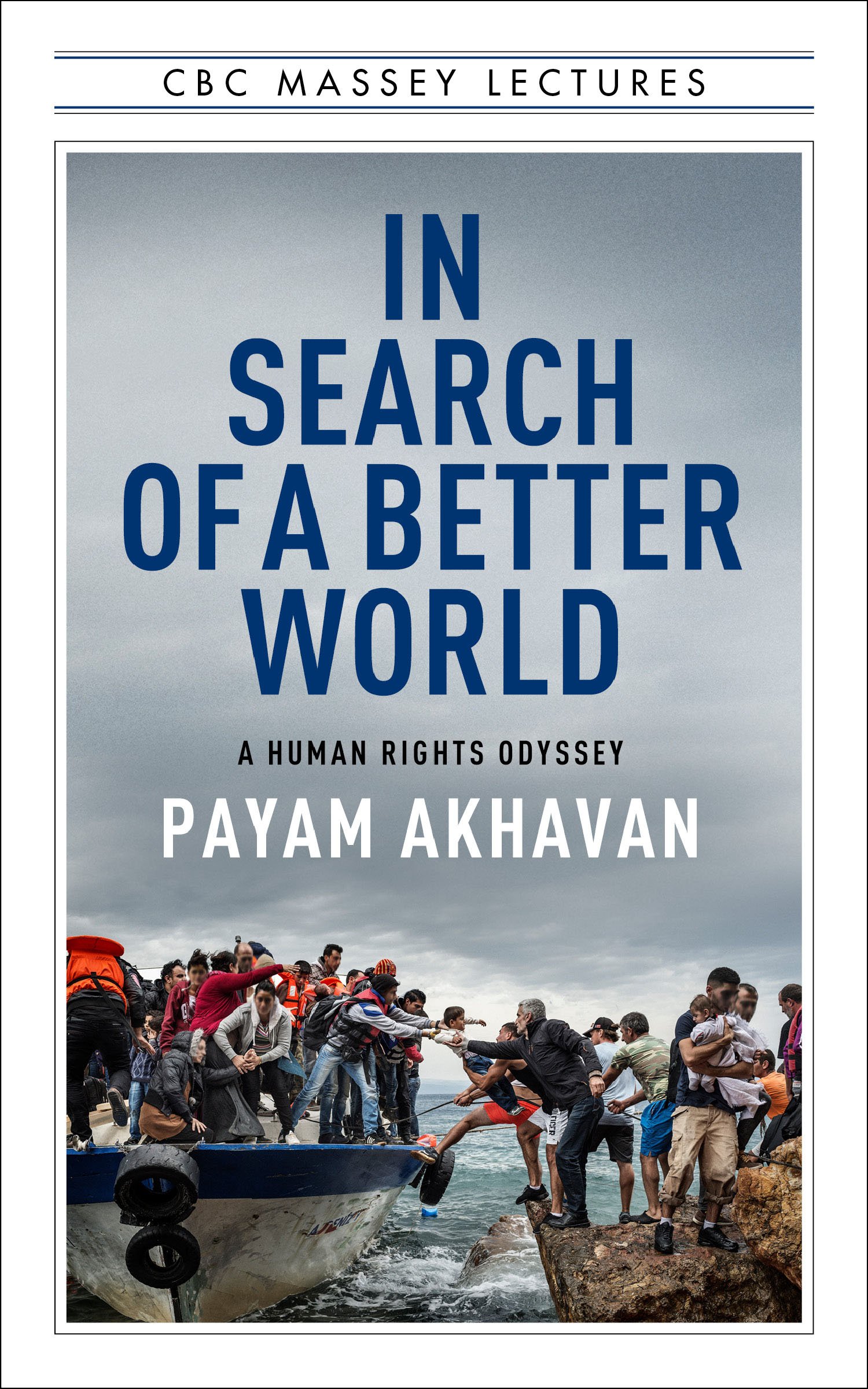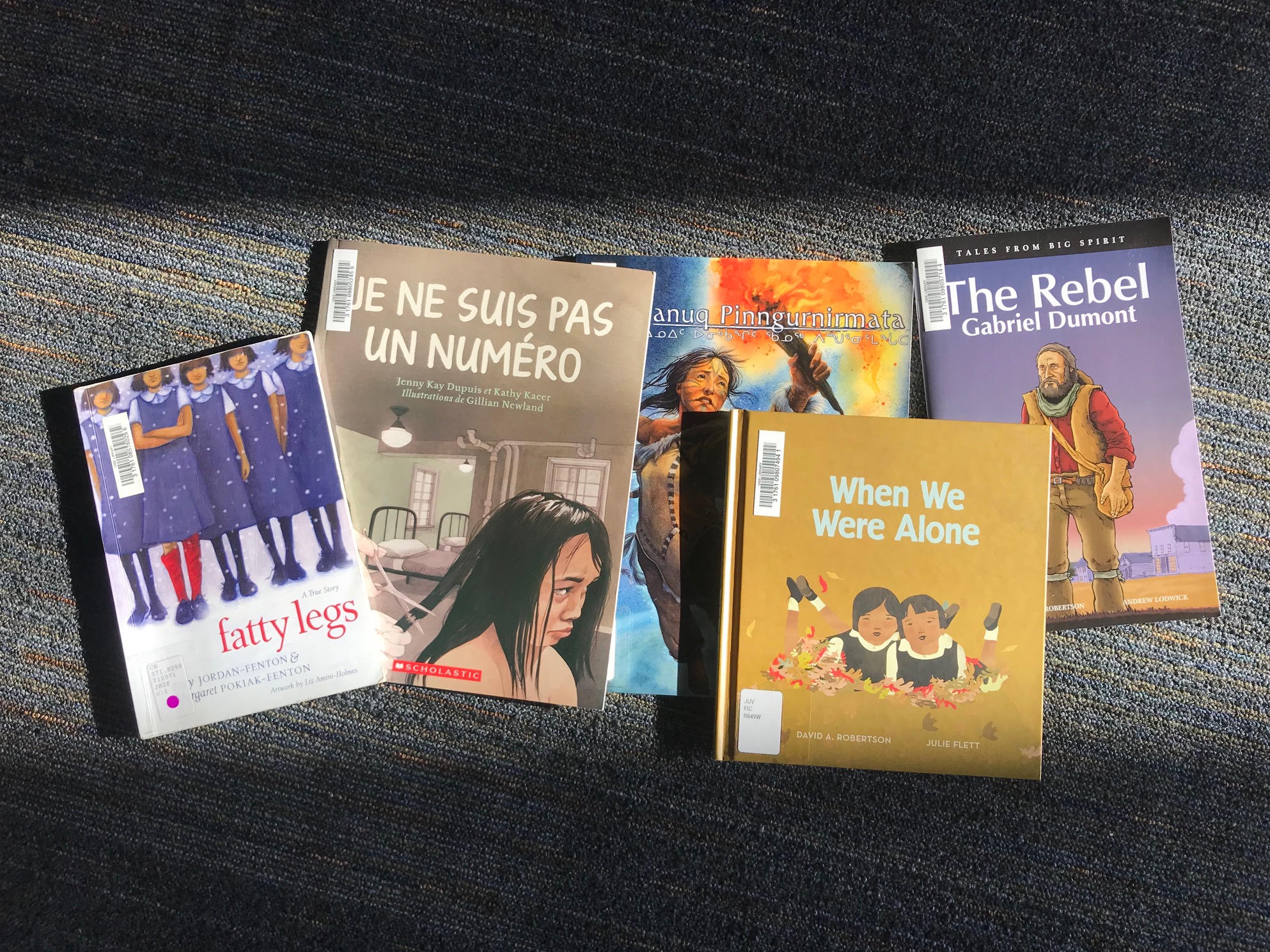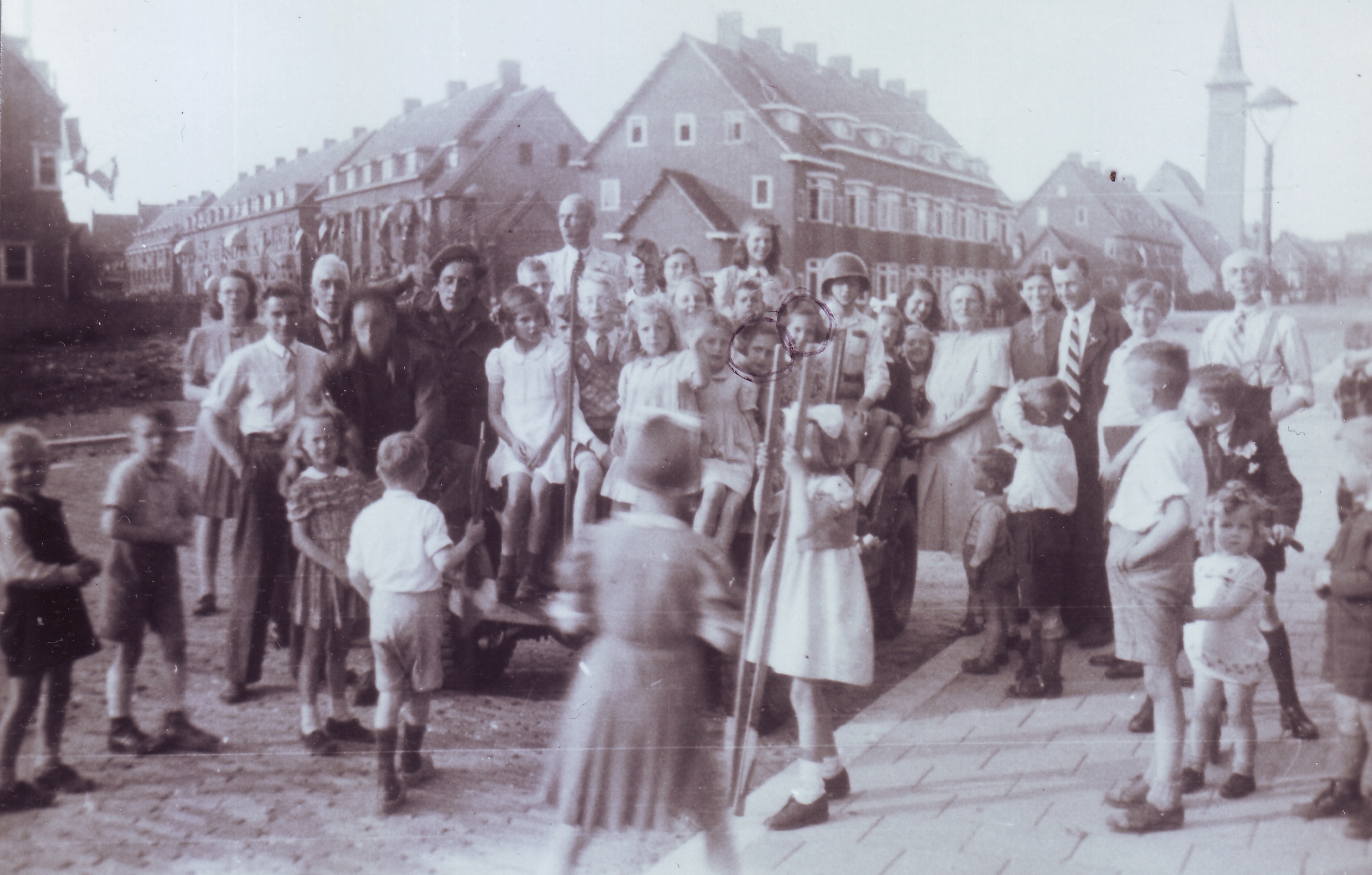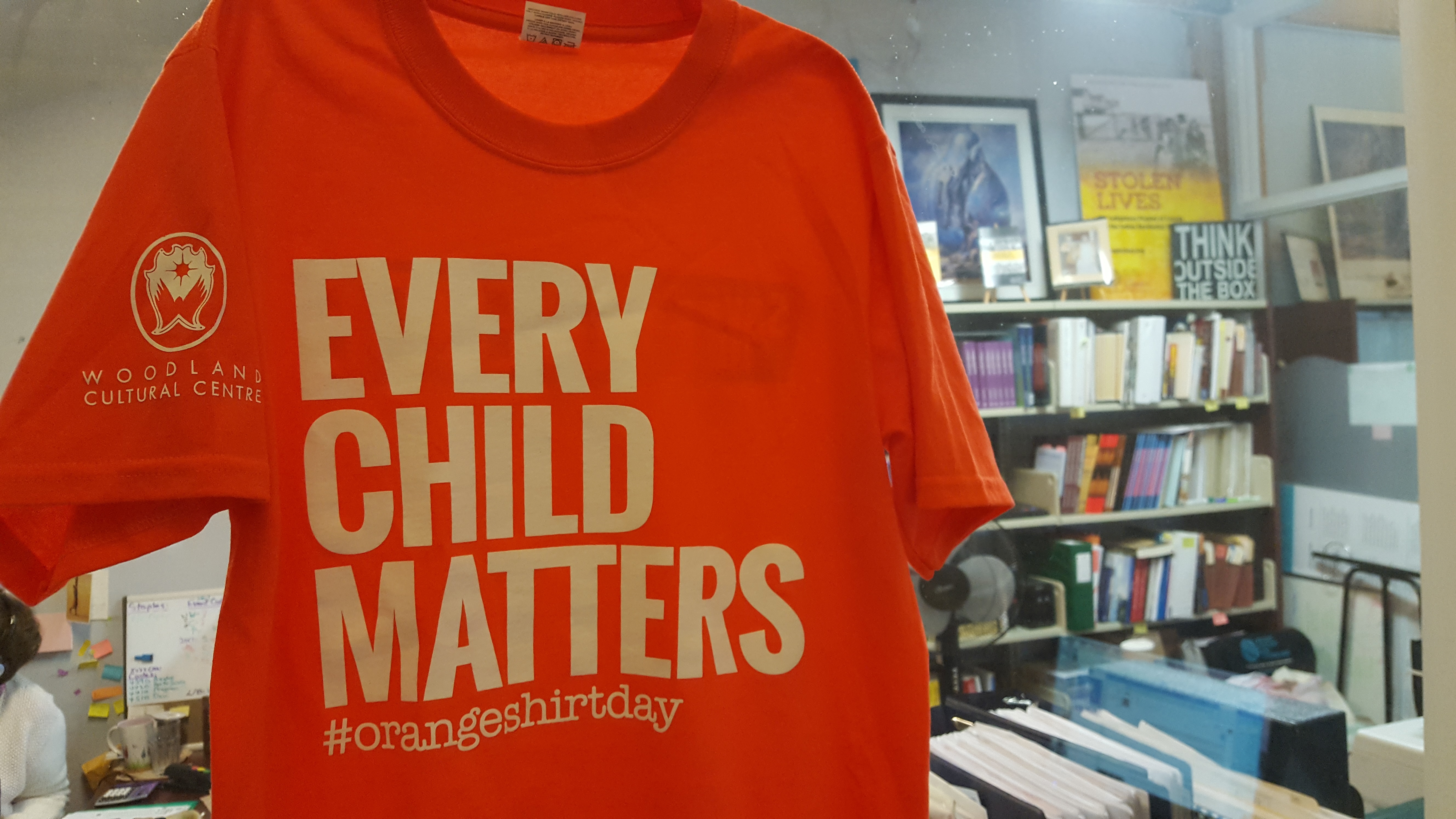In my grade 10 Canadian history class, I often used excerpts from Joseph Boyden’s Three Day Road to explore what life was like for soldiers during WWI. In this novel, protagonist Xavier Bird returns to Northern Ontario in 1919 after fighting in France and Belgium. He is met by his aunt Niska, an Oji-Cree woman, and the two travel back to their village. On this journey, the two recount traumatic experiences from their past - Xavier as a soldier returning from the front and Niska as a survivor of residential schools.
Topics: Canada, Canadian History, Truth and Reconciliation, Indigenous History, Book, Indigenous, English Classroom, big paper, English, Grade 10 History, CHC, difficult conversations, trc, stolen lives, settler educators
What happens when we empower students to explore their history this black history month
Posted by Alysha Groff on February 12, 2018
What happens when we support and empower students to bring history and identity into our school community? Meet Nyjah, a Toronto-area student who wanted to see more black history and contributions reflected in her high school, and decided to do something about it. The following interview was contributed by Nyjah about her experiences.
Topics: Race and Membership in American History: Eugenics, race, little rock 9, Black History, Freedom Riders
Grappling with Stories of Violence from Canada's Indian Residential Schools: Educator Workshop and Film Screening
Posted by Jasmine Wong on February 5, 2018
Join us on Sunday February 25th for an educator workshop and special film screening with Director Susan G Enberg and Louis Knapaysweet, an elder and survivor of St. Anne's Residential School.
Topics: Film, Survivor Testimony, Residential Schools, workshop, CHC, difficult conversations, trc, stolen lives, facing history pedagogy, settler educators
A collaboration between Facing History and Ourselves and the Azrieli Foundation's Holocaust Survivor Memoirs Program, first posted on Azrieli Memoirs' Blog page.
Words referencing mass atrocities of the past, such as fascist, racist, Nazi, genocide and Holocaust, carry deep historical meaning, yet these words are often misused in reference to contemporary events. Using these words too casually not only diminishes the meaning of the words themselves, but also diminishes the events that the words represent. In this blog post, we look to remember the meaning of the term genocide and the conditions that drove a lawyer named Raphael Lemkin to coin this term to describe a horrific crime — a crime that prior to 1944 lacked a name and legal repercussions.
Topics: Survivor Testimony, genocide, Genocide and Crimes Against Humanities Course, Holocaust and Human Behaviour, Grade 10 History, Azrieli Foundation Memoirs
On January 27 - the anniversary of the liberation of Auschwitz-Birkenau - the United Nations General Assembly and its member states commemorate International Holocaust Remembrance Day. On this day, (indeed every day) we remember the victims of the Holocaust and remind ourselves of the importance of teaching and learning about the Holocaust for the prevention of future genocides. Here are few blog posts that highlight a variety of approaches to teaching this important history. We hope these will inspire and assist you as you prepare for this day of remembrance and learning.
Topics: Holocaust, Holocaust Education, Middle School, Holocaust and Human Behaviour, Inquiry, Grade 10 History, HSB, CHC, Anne Frank, international holocaust remembrance day
An Award Winning Initiative for Engaging Students and Communities in Learning History
Posted by Gillian Aitken on January 2, 2018
We work with so many amazing educators who give their students exceptional learning experiences. For this blog, we sat down with history teacher and 2017 Governor General's Award for Excellence in Teaching History Award winner Rob Flosman to find out what he has learned about engaging students and communities in learning history through building a classroom museum, the Waterdown Museum of History.
Topics: Innovative Classrooms, Museum Studies, Holocaust Education, Margot Stern Strom Innovation Grants, Canadian History, Culturally Responsive and Relevant Pedagogy, classroom lesson, Genocide and Crimes Against Humanities Course, CHG
6 Books We're Reading This Winter Holiday
Posted by Facing History and Ourselves Canada office staff on December 19, 2017
As the holiday approaches, each of our Canada office staff are eager to find a comfortable spot on a couch, fill up a mug of hot tea or coffee and pick up a book. Here's what we're reading this winter holiday!
Topics: Literature
A sampling of Indigenous authored resources for K-12 classrooms from the OISE library. [Photo courtesy of Desmond Wong.]
In a talk titled, What is Reconciliation, Chair of the Truth and Reconciliation Commission, Senator Justice Murray Sinclair, reflects:
“It took us a long time to get to this point, in terms of the relationship between Aboriginal people and this country. Seven generations of children went through the residential schools. And each of those children who were educated were told that their lives were not as good as the lives of non-Aboriginal people of this country. They were told that their languages and culture were irrelevant...at the same time that was going on, non-Aboriginal children...were also being told the same thing... So as a result, many generations of children...have been raised to think about things...in a way that is negative when it comes to Aboriginal people. We need to change that.”
Including Indigenous voices, worldviews and resources into classrooms throughout Canada is an essential part of that change. In doing so, it is equally essential to bring a breadth of resources into classrooms so students encounter a diversity and depth of lived experiences. The following post, written by Ontario Institute of Studies in Education librarian, Desmond Wong, helps us to do that.
Topics: Books, Canada, Best of..., Indigenous
Meet Claire Baum: A Liberation Story to Honour Canadian Soldiers This Remembrance Day
Posted by Stephanie Corazza and Jasmine Wong on October 19, 2017
The following post is a collaboration between Facing History and Ourselves and the Azrieli Foundation’s Holocaust Survivor Memoirs Program.
Remembrance Day is an opportunity for all Canadians to consider who we choose to remember and the lessons we can learn from people with first-hand experience of war. We invite our students to think deeply about the immeasurable costs of war, to weigh the sacrifices made for freedom and to honour the memory of Canadian soldiers. We bring testimony from soldiers and their loved ones into the classroom to deepen our students’ intellectual and emotional connections to those who fought and those who died. This Remembrance Day, bring a story about liberation — its necessity and its impact — to your students. Meet Claire Baum and learn her story.
Topics: Rescue, Holocaust, Remembrance Day, Azrieli Foundation Memoirs
Activities for Engaging Your Community on Orange Shirt Day
Posted by Jasmine Wong on September 27, 2017
On September 30th, communities will be coming together for Orange Shirt Day to
Topics: Truth and Reconciliation, stolen lives

